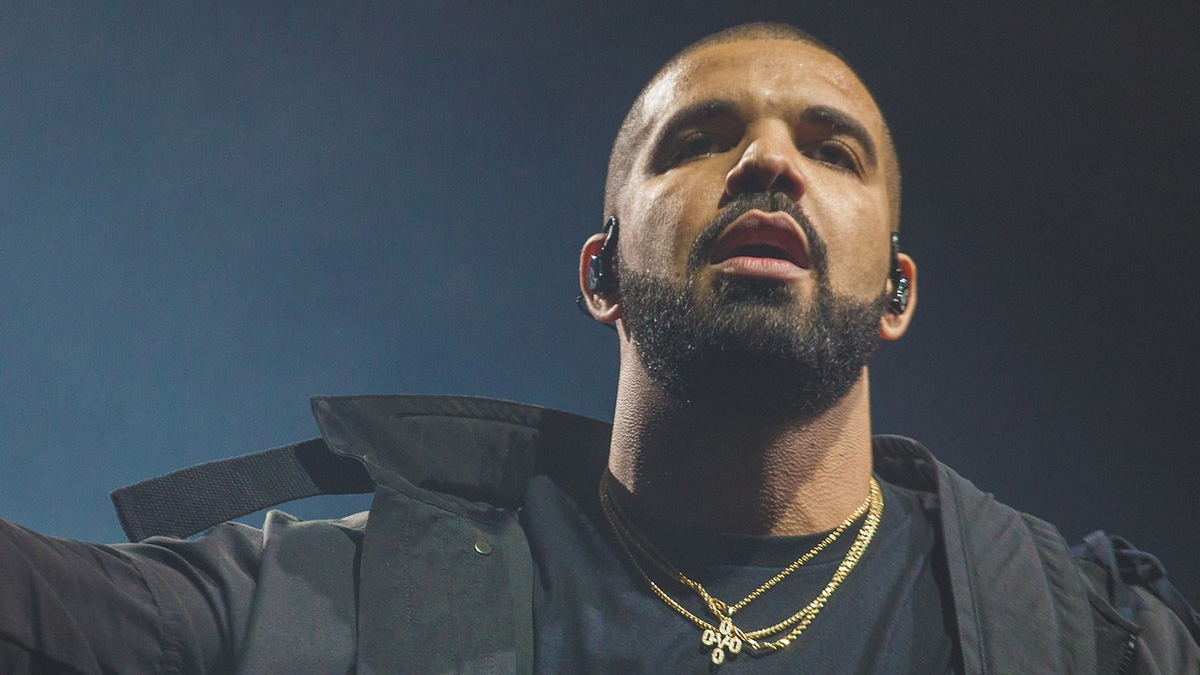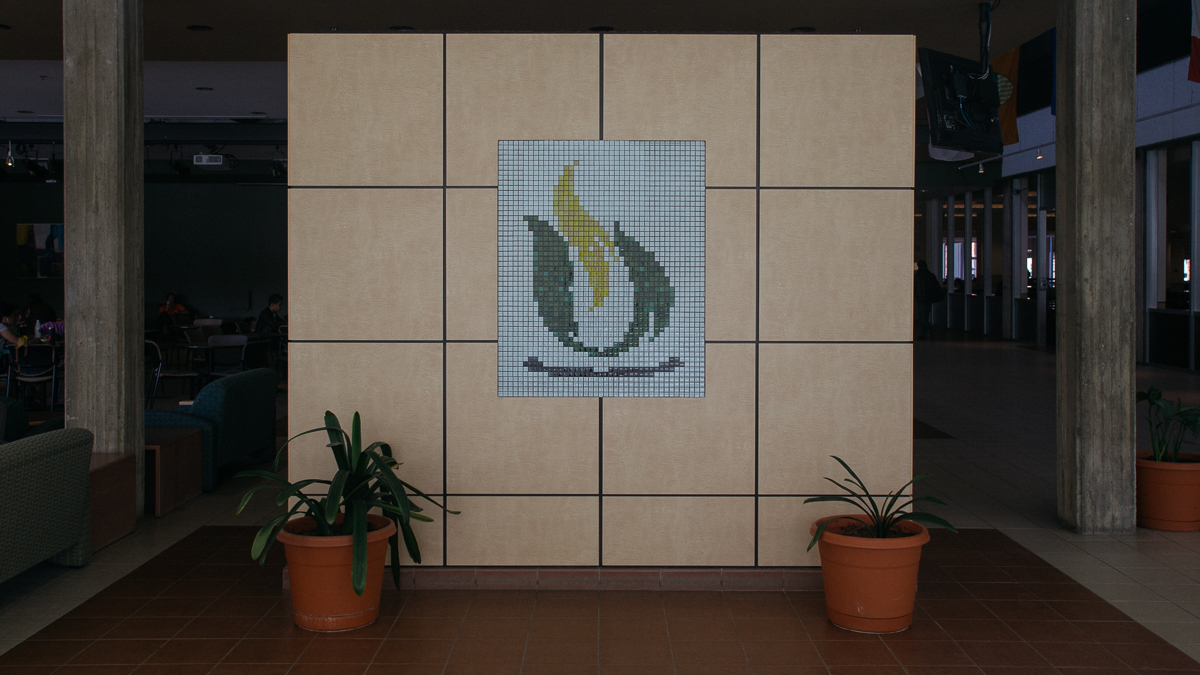Point/Counterpoint: Did Drake go too far dissing Kid Cudi?
 Image Courtesy of Charito Yap
Image Courtesy of Charito YapPoint: Aubrey, yuh did a badman ting
Our favourite good guy rapper, Drake, celebrated his birthday this week and began his thirties by throwing some major shade at mental health issues.
Drake dropped a new single this past Sunday and in classic Six God style, used his lyrical abilities to aggravate a beef with fellow singer/rapper/producer Kid Cudi, which started back in September. A month later, Cudi publicly announced checking into rehab to recover from his anxiety and depression. And what does Drake do? He records a diss track based around Cudi’s mental health struggles a few weeks later as a response to the Twitter attack on his musical abilities — because what else does a mature 30-year-old man do with his spare time. The single, titled Two Birds One Stone, received immediate backlash on social media and even Drizzy’s most loyal fans were shocked by his insensitive remarks.
Fame is power these days and Drake ought to be using his celebrity status as a force for good instead of further exacerbating the stigma surrounding discussions about mental health. In lyrics like “You were the man on the moon/Now you go through your phases,” Drake characterizes Cudi’s anxiety and depression as “just a phase” — perpetuating false perceptions about the nature of mental illness. Listeners, especially young people, suffering from depression aren’t going to want to open up when their rap deity Drake’s telling them their problems aren’t real and they’ll get over it soon.
Furthermore, Drake makes it seem as if Cudi’s attempt to remedy his personal struggles somehow discredit his musical talent. The lyric “Still never been on hiatus” for example roughly translates to “I’ve never had to take a mental health break, therefore I’m a better artist than you.” Great, so now I’m not capable of success because I went through depression and reached out for help? Thanks Drake. By sending the message that people who don’t have mental health issues are more capable of success than those who are struggling, Drake further discourages people from getting help.
When influential people speak, the world listens. Celebrities therefore have a responsibility to be leaders in bringing about positive social change. Drake could have chosen to team up with Cudi and offered to use his money and success to educate people about mental health. Even Kanye, who was part of the same beef with Cudi, decided to overlook their differences and performed a tribute with fans in support of Cudi’s recovery. Unlike Yeezy, Drake decided that bringing back a petty Twitter fight was more important than helping out a fellow artist who was recently on the verge of ending his life.
Seriously Aubrey, we know you’re always on your worst behaviour but maybe turn the beef upside down and let it go now.
– Navneet Gidda
Counterpoint: Sorry fi offend yuh Kid Cudi, is jus a hip-hop ting… OVOUnruly
Drake may have crossed the line by taking a shot at the mental health of Kid Cudi, but that’s the point of a diss track.
Rap and hip-hop are part of a genre and culture rooted in artist competition, and as a result, beefs and disses between artists appear as frequently as Drizzy memes multiply online — Drake’s even got a highly petty scuffle still lingering around from last year. Part of the way rap artists have traditionally dealt with the challenging circumstances of their realities is through their competitive attitudes, using them to push themselves towards success and opportunity, much the same way an aspiring professional athlete would. The genre and the culture encourage artists to lyrically compete against one another by hyping themselves up, and viciously tearing down their opponents. Through diss tracks, hip-hop artists essentially record their battle cries, which act as more of an invitation to play than a cruel kick in the ribs. The spirit of hip-hop is competition, and without this fact in mind, disses are often seen to be far more malicious than they’re intended to be. Dissing is part of the game, genre, and culture — a subject far too complex to condemn on Twitter based off of a couple lyrics.
Still, it’s unsurprising that many Drake fans tripped-out after their precious 6 God took the uncharacteristically cold stab at Kid Cudi. The problem is that Drake isn’t just a another rap/hip-hop artist, he’s one of the biggest crossover pop stars in the world. He has a Taylor Swift-like fan base who may be sheltered to many of these greater narratives which inform hip-hop culture. When you combine the lack of genre background with the average millennial’s current obsession with mental health hot-button issues, you get a shocking situation where Drake looks like music’s biggest villain (taking the title out of, none other than, the scaly hands of T-Swift).
So, do we really think Drake should be condemned for targeting Kid Cudi — who, by the way hasn’t done anything significant with his career since 2009 — over a few mean lyrics? No. This is “Drake” Aubrey Graham, a.k.a “Mr. Cheesecake Factory Fights, Wheelchair Jimmy, Walking Glee Episode,” we’re talking about. He isn’t mean out of the blue, he’s mean for the green. For seasoned genre veterans like Drizzy and Cudi, who intimately know hip-hip culture, and have memorized the rulebook, let’s face it, they know better than you or I that if they play the game right, it might only take one “diss track” or “beef” to rejuvenate a dead career.
– Jon Zilinski & Sam Podgurny





—exacerbating the stigma surrounding discussions about mental
health ??
Stop saying there is one! You have no need to do so.